Even though she is the youngest of four daughters, 13-year-old Bardha Fusha became the de-facto translator when her family emigrated from Albania to America.
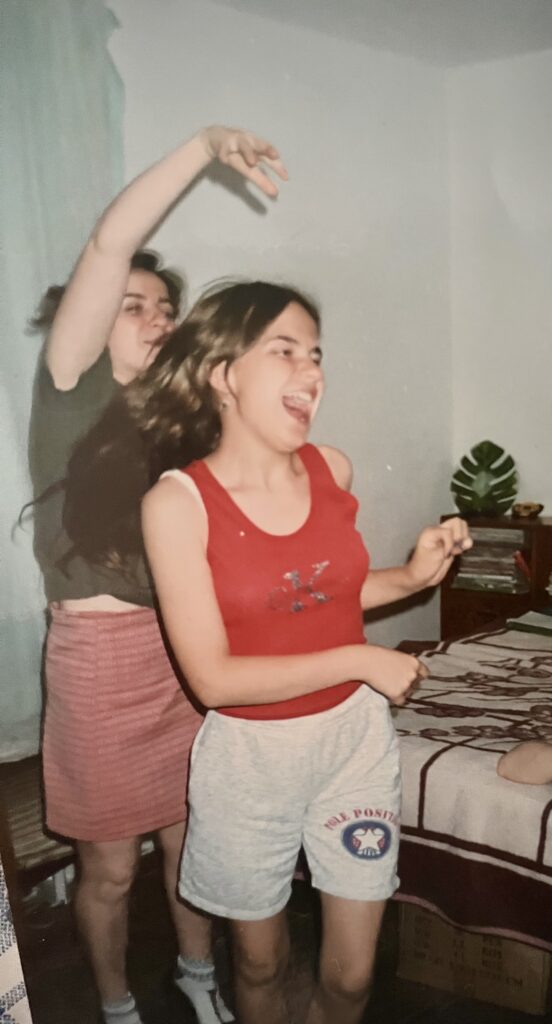
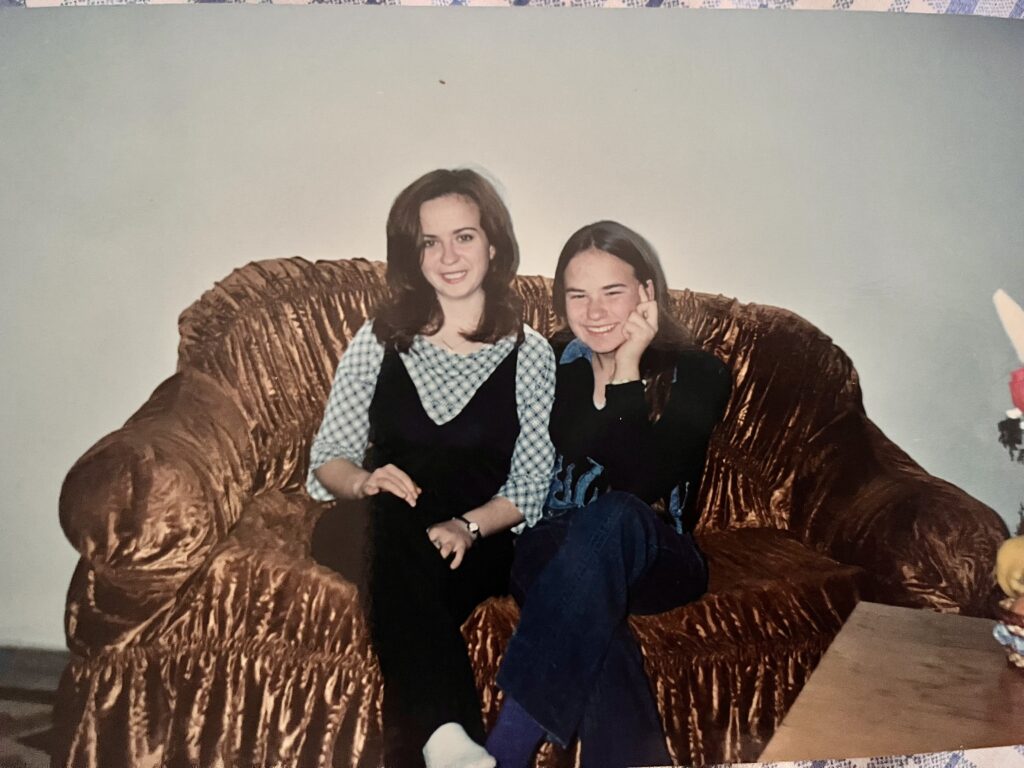
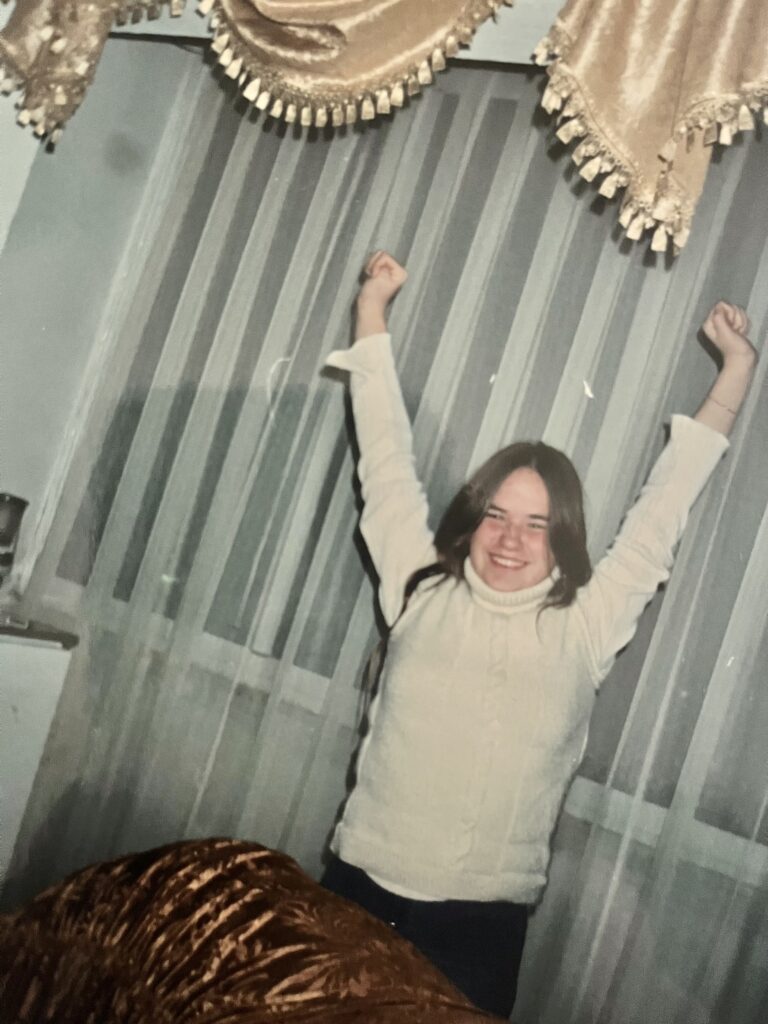
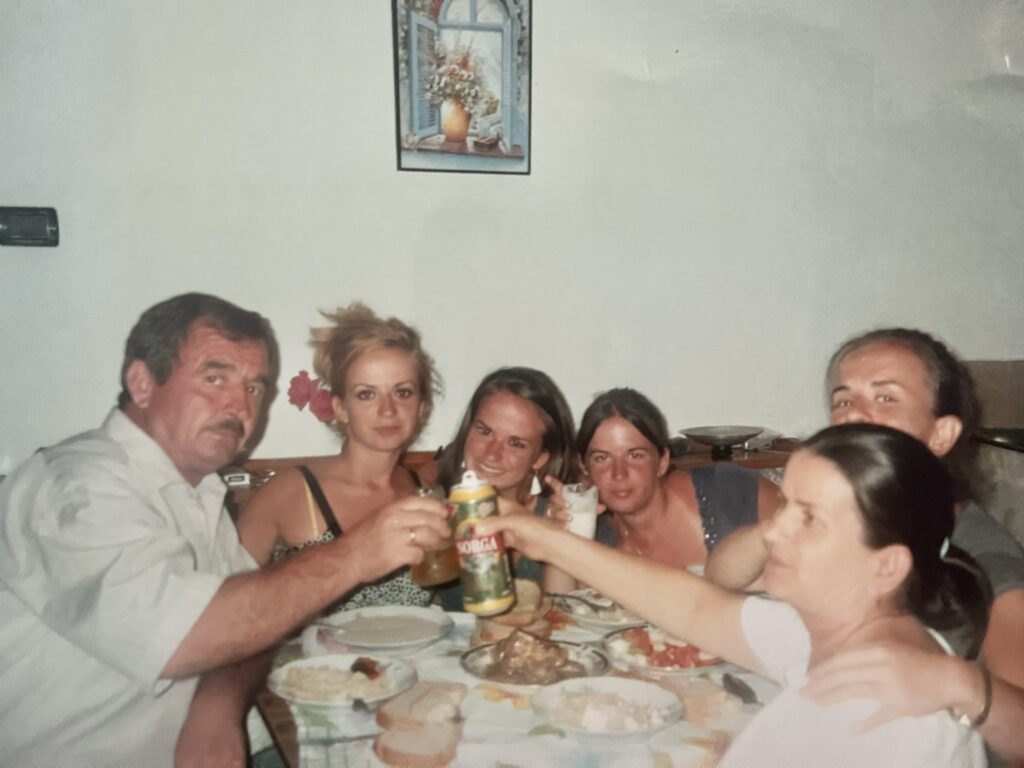
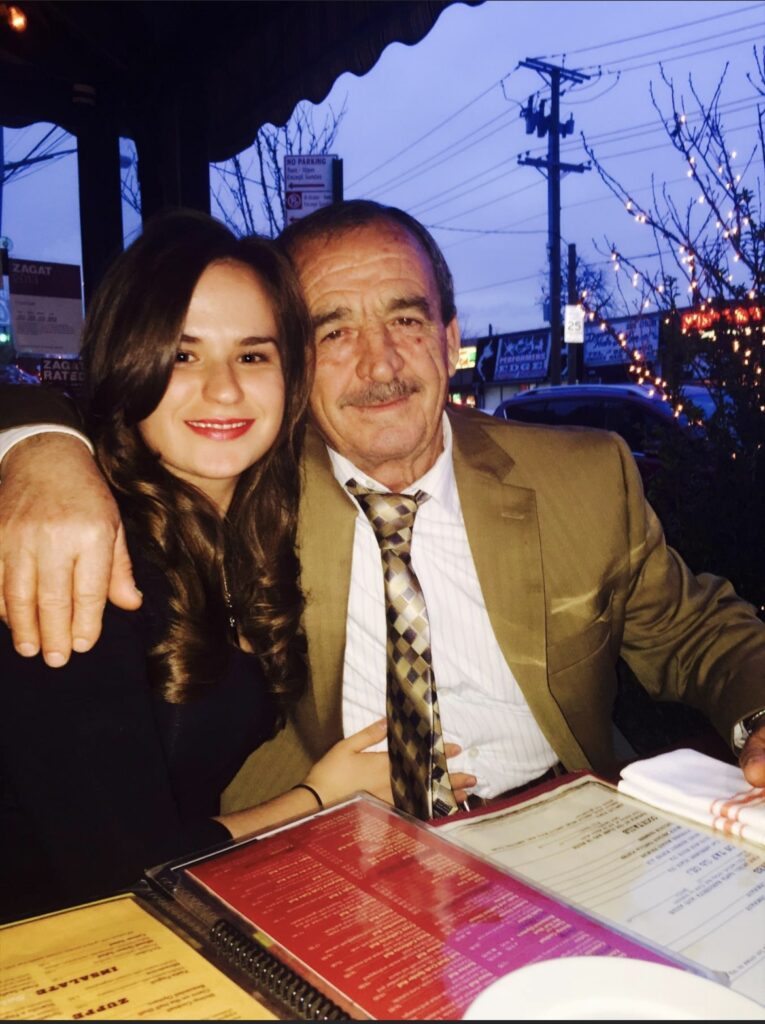
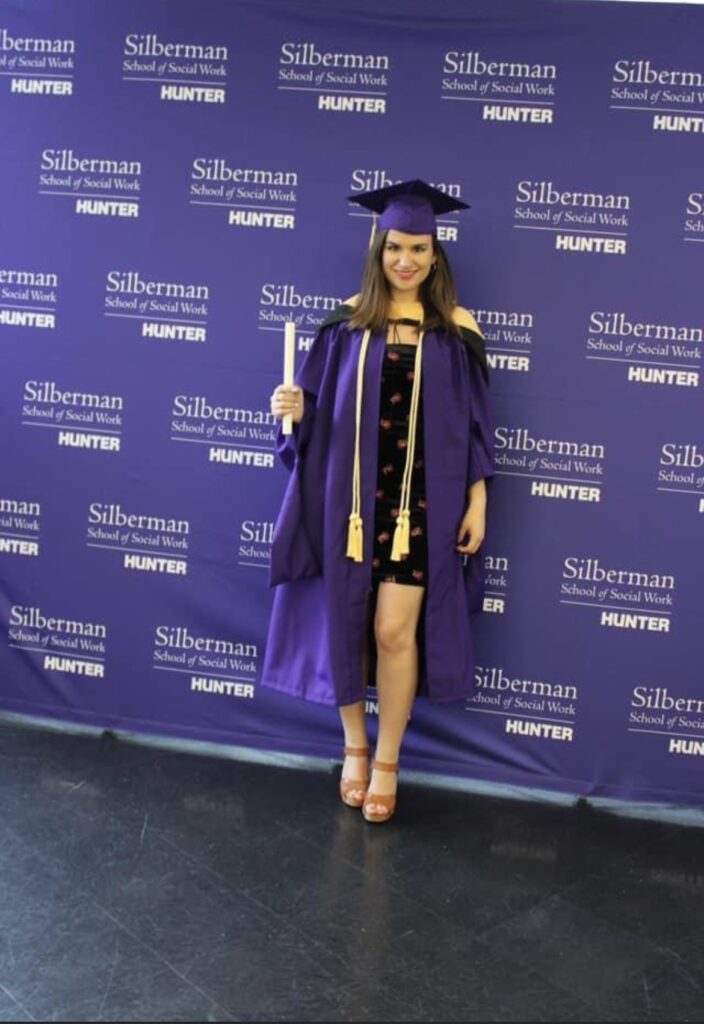
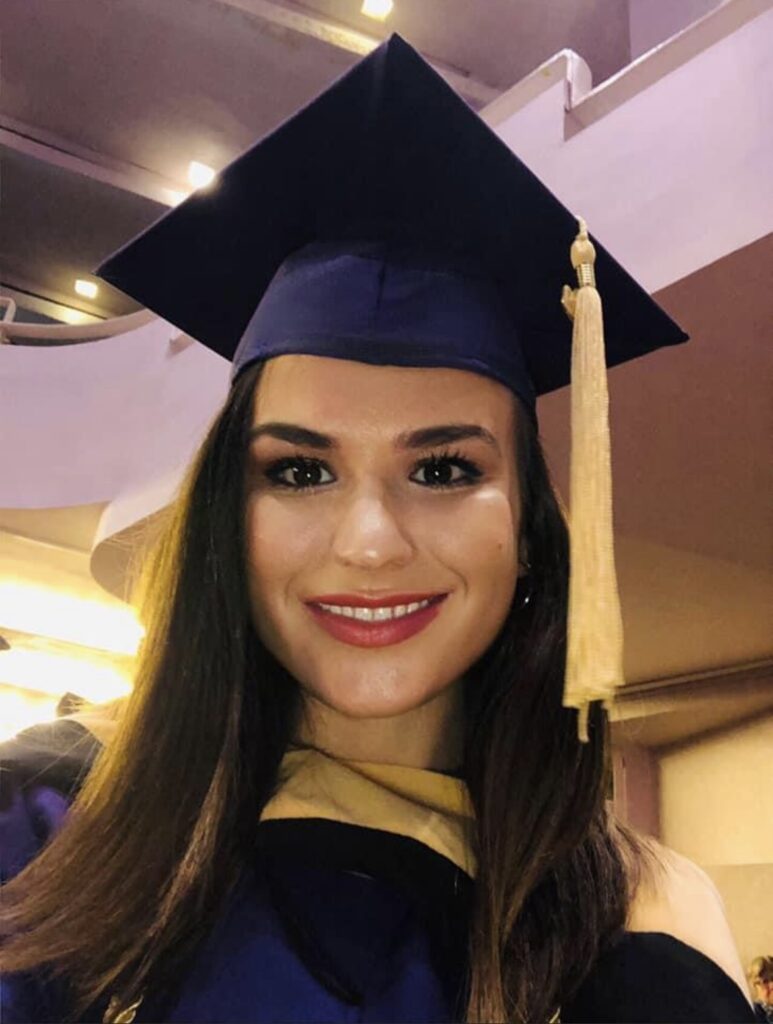
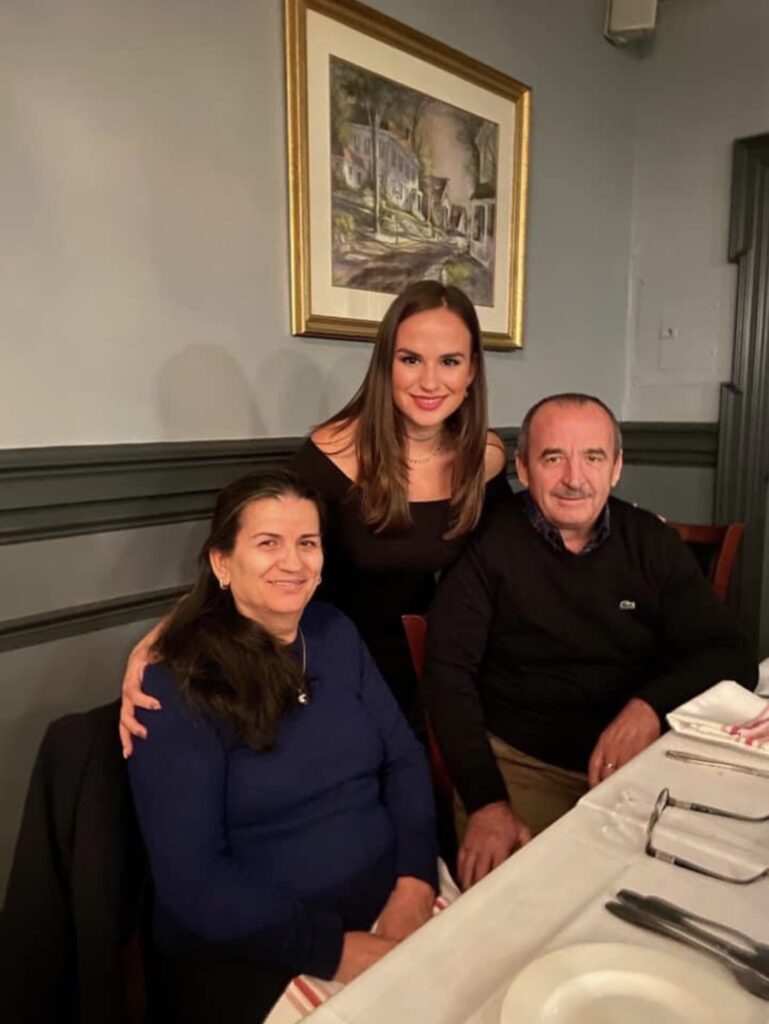
“Even to this day, my parents — who are in their early 70s — speak very little English,” she says. “All in my family looked to me to do some translating. I knew some basic words from school. When we arrived at the airport, I was put in the front line and had to deal with getting through customs.”
Her parents had applied for the green card lottery in 2002, never imagining that they would win. They filled out an application, went for an interview in the capital of Albania, drove around to get the required paperwork, underwent physicals, and confirmed their high school degrees. “We were able to clear all of that,” Bardha says. “Albania was a communist country so in the early 90s, nobody was supposed to travel outside the country. My first trip was coming here.” In the late 90’s, the Kosovo conflict displaced hundreds of thousands of people into Albania. “When the lottery happened, it was kind of an escape,” Bardha says.
The family’s first stop was Southgate, Michigan because Bardha’s uncle lived there and was willing to sponsor them. After seven years, they moved to New York City.
Bardha attended City College, where she majored in psychology. Talented at picking up languages, she also took Spanish and Italian in the same semester, getting A’s in both. (She currently speaks four languages: Albanian, English, Spanish, and Italian. Spanish has proven very useful for working with LSSNY program participants from South America.)
She simultaneously worked for the Bowery Residents’ Committee (BRC), a nonprofit organization that helps the homeless. She was encouraged by her program director to obtain a masters in social work to be promoted. She graduated from Hunter’s Silberman School of Social Work.
“It was intense working full-time and going to school full-time,” she says. From 8 a.m., to 4 p.m. Monday through Friday, she worked with BRC. She took classes in the evening from 6-10 p.m.
After working as a clinical supervisor at BRC, she worked as Assistant Director for a residential agency in mental health. Since February, she has worked at LSSNY as Program Director of Fortitude House, our Brooklyn sanctuary which houses 336 individuals. Though she’s always worked with adults — from group homes to apartments shared by 2-3 individuals to supportive housing, which is the most independent level of living — this job is the only one were she’s worked with families and kids.
“I like working with families,” she says. “Having a social work background, I love to help just anyone. But really close to heart with families because I myself was an immigrant child when I emigrated here with my family. It’s more special than the other jobs I had,” she adds.
As for that seminal day, one of Bardha’s older sisters had not been able to travel with the family because she was older than 21 years of age at the time. “She was disqualified, that was a little sad, we had to leave her behind,” says Bardha. “She joined us last year. So it took her 20 years.” In those ensuing years, Bardha’s sister remained in the same city of Fier, in the South of Albania. She lived on her own, got married, and had two daughters. She worked as a teacher there.
Back in the US, Bardha was the first in her family to become a citizen, followed by her mother and father and two of her siblings. Bardha tried to apply on behalf of her older sister but applying for a sibling takes longer than it does for a parent to apply. In 2014, her mother applied for a Green Card for Immediate Relatives of U.S. Citizen. This was finally approved in 2022, allowing Bardha’s remaining sister to rejoin the family.
“We are fully reunified now,” says Bardha of her family. She allows that her sister, who is a permanent US resident, is still finding her footing. “She’s still in this weird part of the transition period,” says Bardha. “She didn’t speak English as well. It’s a little harder for her. She had to do all this in her early 40s and it’s harder as you get older. She also did it to benefit her teenage daughters so that they can get a better education and better opportunities. They remind me of me because I was the same age when I came here,” she says.
